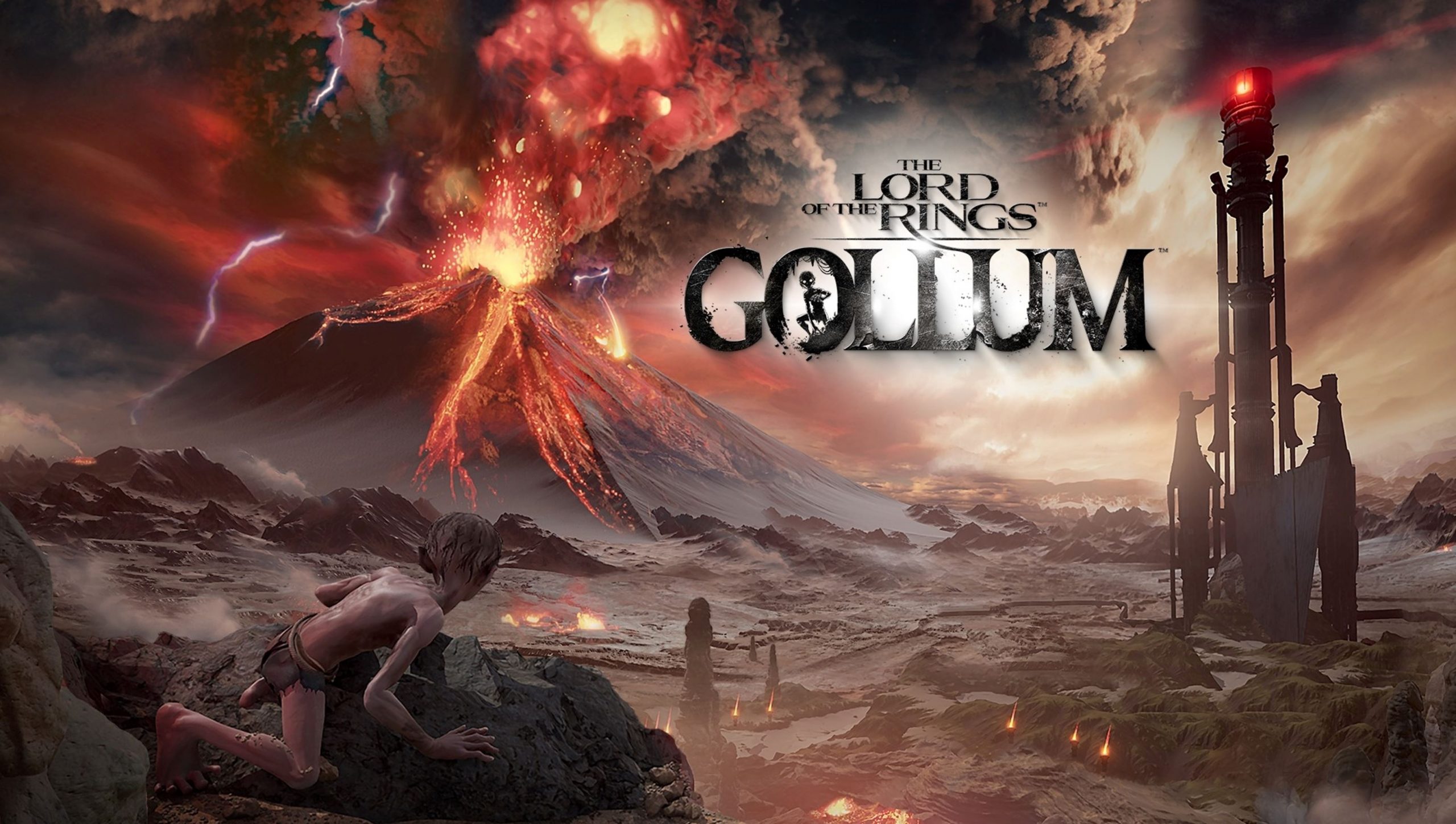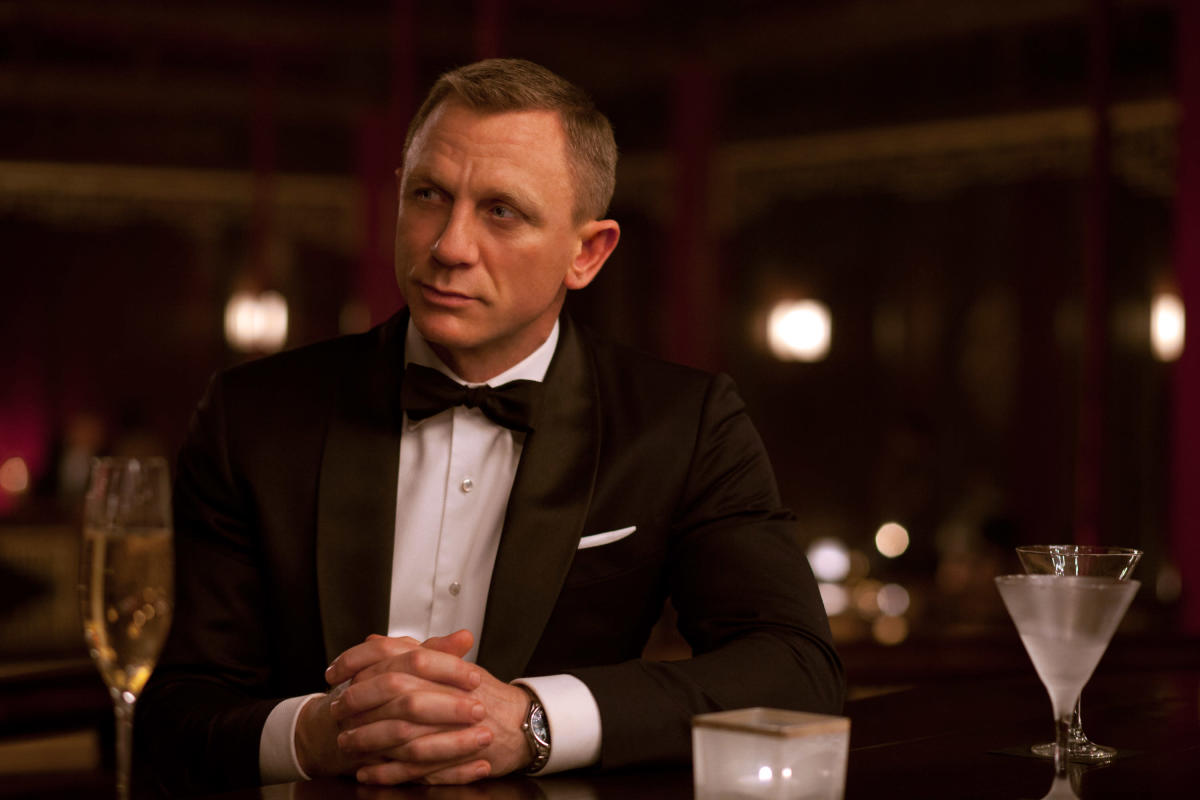In A24’s Red Rocket, Simon Rex stars as a down-on-his-luck, washed-up porn actor who returns to his Texas hometown in hopes of reinvention — or, at least, a way back to L.A. Showing up on his estranged wife’s doorstep, he hustles his way back into her life with the promise of a fresh start. Unable to find a day job thanks to the conspicuous gap on his résumé, he turns to dealing weed and hanging out at a doughnut shop, where he flirts with the teenager behind the register, Strawberry (newcomer Suzanna Son), whom he hopes to break into the porn business as her manager.
Mikey, played by a mesmerizing Rex, is the ultimate antihero: a charismatic grifter only looking out for himself, unable to recognize how his actions affect those around him. He’s the latest in a series of protagonists developed by director Sean Baker and his longtime collaborator Chris Bergoch (co-writer of Baker’s previous films The Florida Project, Tangerine and Starlet) who live on society’s margins.
Baker spoke to THR about how audiences have received the film, the power of smart casting and location scouting, and why he’s so interested in characters who can’t resist the hustle.
How did you come up with Red Rocket, and how does it fit in with your previous films?
It came about through research on one of my previous films, Starlet. We were shooting in these model houses and on the sets of adult films. We got to meet a handful of Mikey Sabers and realized that there was this archetype [and even] a slang term applied to them within the industry: the suitcase pimp. After The Florida Project, we were trying to figure out what was next, and we brought up Red Rocket. We broke it in 2017, meaning we figured out the beginning, middle and end almost immediately. But we ventured off to Canada to develop another film that got shut down [because of COVID-19], and we went back to Red Rocket as it was a film [with an extremely small crew] that could be made safely during a pandemic.
In context of my other films, it’s hard to say. … It’s very difficult for me to analyze my own stuff, but let’s just say that I think some people [were] surprised with this movie. It doesn’t, in their eyes, resemble my other films, but I don’t understand why — it’s another character study. Maybe they don’t want an antihero as the lead, especially from me. I actually like more challenging, hard-hitting films, ones that don’t just make you feel good. I made a couple of films in a row that focused on underrepresented communities, and people thought automatically, “That’s what Sean does.” But it’s not really what I do, it’s just a reaction to what I’m not seeing enough of in film and TV — stories that I want heard that are not being told.
You’re known for working with first-time performers. What are you looking for when you’re casting a film, from the trained and the untrained actors?
I just look at somebody and say, “Do I want to see that person on the big screen for two hours?” It’s about that “It” factor, finding that aura and being attracted to a person in a way where you respect their artistry. I’ve been working with budgets that don’t really allow me to work with A-listers. I also am semi-resistant to that because I have this whole suspension of disbelief that I’m trying to [achieve], even for myself. When I’m directing a scene, I want to lose myself in that scene very quickly. If it’s a recognizable A-lister’s face, it’s going to take me longer. That’s why I really love fresh faces on the big screen.
It plays a role in world-building, too, which makes me think of Red Rocket‘s setting. How does the sense of place affect your writing and directing?
Sometimes it’s necessary for the story. Other times, like in Red Rocket, it’s just a complement to the story. In this case, I knew it was going to be set in one of three states. If you google, “Where do adult film performers come from?”, the top three states are Ohio, Texas and Florida. I knew a few adult film performers who came from the Texas Gulf. That brought me there, then I started exploring. I knew that I would probably want to set it in a refinery town, so then [I had to find] the right city. My producer and I drove up the Gulf from Corpus Christi, going north and falling in love with every town that we came across. But it wasn’t until we drove into Texas City … it spoke to us — there was this big water tower that said, “The All-American City.” On a visual level, this is one of the largest refinery cities in the country. You could spin the camera in any direction and get these incredible vistas and landscapes. I love when a location becomes a character — it grounds the audience even more and drives home the realism.

Courtesy of Alex Saks/A24
All of your protagonists are hustlers in one way or another — especially Mikey, who is constantly just trying to make it to the next day. What attracts you to characters caught up in the hustle?
The grind is definitely dramatic. And being a dramatist, I find that intriguing [because] it’s not the norm. I’ve been a hustler [in film] for the last 25 years, right? (Laughs.) This is a celebrated capitalist society — we celebrate the wealth that you can accumulate here, the success that you can have in this country. Yet at the same time, there are people that we do not allow to work in the mainstream economy, for whatever reason, whether they simply aren’t able to break in because they [lack] the connections, or perhaps they’re undocumented or discriminated against for some reason or another. There are lots of people who, in order to be successful in this country, turn to the underground economy — which is a billion-dollar economy. Sex work is very much a part of the underground economy because it is illegal to a certain extent. I’m looking to explore that a little bit more for many reasons. One of the reasons is to help remove the stigma, and another reason is simply to learn more about it and to shine a light on it.
You mentioned the reaction the film has received. I’m curious if, when you’re making a film like this, you’re specifically hoping to poke and challenge your audience.
Unfortunately, I’m insecure. Artists are insecure human beings. I do actually care about what people think, even though I shouldn’t. But at the same time, I’ve started to actually analyze this a little bit more because of the reactions the film is getting. Didn’t I break this story back in 2017, just before the #MeToo movement, before Time’s Up? I’m not doing this to provoke during this specific time … but then, maybe I am. [When we began Red Rocket,] I was mourning the temporary death of a film that I had been focusing on for almost three years, a passion project. There was COVID. There was an upcoming election that was extremely stressful. There was the summer of BLM and the death of George Floyd. All that energy. I don’t know, perhaps that energy did just hit me. I was in a place where I just took the blinders down and said, “I’m going to make this thing no matter what, no matter what reactions I get.” There was maybe a rebellious attitude that I was taking on. I don’t know if I was fully conscious of it because I’m reading articles now that say, “I wonder how much [of this movie is from my] subconscious.” Maybe it was my reaction to that time in general.
Based on social media reactions to characters perceived as problematic, moviegoers don’t just want a compelling story, they want to see characters who can be their friends. I don’t think anyone wants Mikey Saber as their friend. Maybe that’s what they’re reacting to.
I’ve been reading a lot of these Letterboxd reviews in which people are like, “But he never learned his lesson!” Honestly, that’s something that’s new in our culture, right? Maybe audiences are accustomed to seeing their lead character being taught a lesson. That’s not what I was brought up on. There were lots of these incredibly developed antiheroes that I think actually taught lessons by the fact that they did not change. The filmmakers were exploring the moral gray [areas], and I’m talking stuff like Five Easy Pieces with Jack Nicholson. David Thewlis in Naked, Vincent Gallo in Buffalo ’66. These are all films that if you probably pitched to a mini studio today, there’s no way they would be made.
Interview edited for length and clarity.
This story first appeared in a January stand-alone issue of The Hollywood Reporter magazine. To receive the magazine, click here to subscribe.
Note: This article have been indexed to our site. We do not claim legitimacy, ownership or copyright of any of the content above. To see the article at original source Click Here












